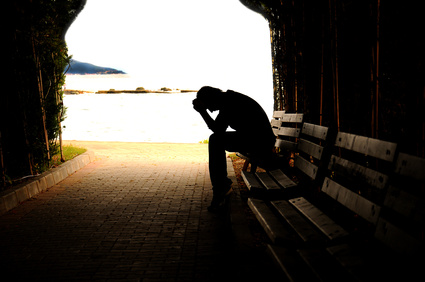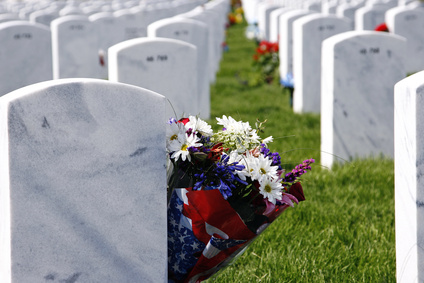|
Death and grief are often described as a path taking you through the four seasons. I've got this clip from a friend when I went through grieving. I hope you will also find it inspirational. Grieving people are usually concerned about their feelings and experiences. They wonder: Am I normal?; What is wrong with me?
As discussed in the previous post, a grieving person may experience a lot of changes and feelings throughout his body as well as in his relationships with other people. These physical-, social-, and emotional changes (see previous post) are normal. If you are going through the immense pain of the grieving process, print out the following seven hints for a grieving person and read and remember it many times during your days: 1. You are loveable even when you are a confused mess. 2. Crying is a gift. 3. Almost every thought, behaviour and feeling is normal. 4. You are not alone. 5. People are uncomfortable with grieving people. 6. No matter how bad you feel, you will survive. 7. It takes as long as it takes. Mary Kelly Perschy Death is well known as one of the top three traumas that a person can experience. When a person close to you dies, the impact of the shock affects you as a "person in total". "Person in total" means that it can affect every part of your life (or at least some parts). Examples of these parts are: Emotional being - anxiousness / aggressiveness / having a bad feeling in your stomach / dry mouth / hypersensitive for noises Physical state - without any feelings / alone / shocked / guilty Social state - irritated between people (even between friends) / withdraw into yourself / want to be left alone Thoughts - confused / forgetful / problems to concentrate / dreaming / feels the presence of your loved one Behaviour - sleeping problems / restless / change in eating patterns / tearful / avoid memories of your loved one. How to handle a grieving person:
Next time I'll talk about 7 ways to deal with your own grieving process.
Keep well! Death - a very taboo (ignored) topic both in the Western and Eastern countries. So, a topic not to talk about at all. As human beings most of us feel uncomfortable when a topic relating to death is mentioned and discussed. We also don't know what to say to people who lost a loved one and therefore we start to ignore these people (who actually needs our support) and think that other people will know what to do (while other people think that we will know what to do!). AND death hurts too much. It makes our whole world tumble down within an instance. It doesn't matter whether you are a psychologist or minister in church (who deals with death on a regular base), dealing with death has a threatening effect on all of us. Lot's of research had been done by psychologists, counsellors, ministers in church, doctors and nurses in order to better support dying people and their families. There's also a lot of research about the trauma of unexpected deaths, for example due to an accident, a sudden illness, the death of a baby after birth, suicide, etcetera. So, if you decide to face the topic of death and if you haven't closed this blog by now, look at the "word picture" below. Question: Rotate the "word picture" one time clockwise and then one time anti-clockwise. What do you see?
Answer: In the "word picture" there's one picture, but two words, it is the words life and death. Yes, life and death are two parts of one reality. We can't understand the one without the other, because it is part of each other. At mother's knee we are taught (hopefully!) how to live, but not how to die! Corr says when you learn about death and the loss- and grief process, you learn important things of how to live (and the other way round as well). So, have you ever thought about death this way: If we see death as a topic not to discuss and think of at all, we make a contribution to our own as well as to other people's helplessness because we don't empower people to learn about dying and at the same time to learn how to live life to it's fullest. Why do I call it helplessness? Because by not knowing what possible emotions and feelings you may discover after the loss of a loved one, you will have less knowledge if death enters your life or the life of your friends. We are living in a world where knowledge increases daily by ten times more that it increased fifty years ago, per year! We all want to be informed. We all want to have knowledge and we all want to be empowered. Read more in the next issue about the emotions and feelings that people may experience when losing a loved one and how to support people who have lost a loved one. |
AuthorDr. Marisa van Niekerk Archives
April 2015
Categories
All
|







 RSS Feed
RSS Feed
